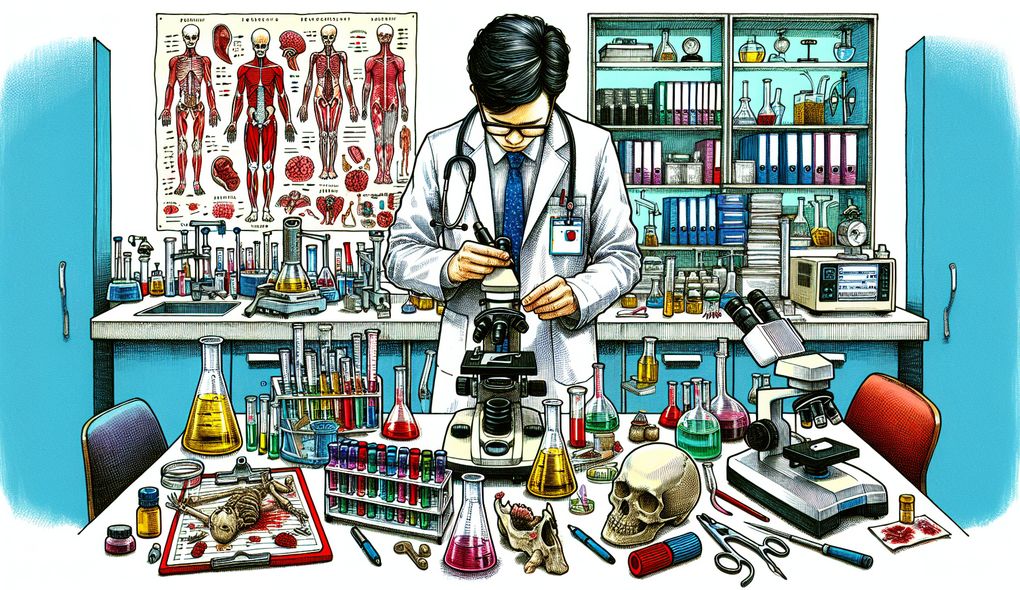How do you ensure clear and effective communication of findings both orally and in written reports?
JUNIOR LEVEL

Sample answer to the question:
To ensure clear and effective communication of findings, I make sure to carefully plan and organize my thoughts before presenting them orally or in written reports. I use a structured approach to convey information in a logical and concise manner. When speaking, I speak clearly and at an appropriate pace, ensuring that my audience understands the key points. In written reports, I use a professional tone and language, avoiding jargon and providing clear explanations of my findings. Additionally, I always proofread and edit my reports to eliminate any errors or inconsistencies.
Here is a more solid answer:
To ensure clear and effective communication of findings, I follow a structured approach both orally and in written reports. When presenting orally, I begin by providing a concise summary of the key findings, highlighting the most significant details. I use visual aids such as images, charts, and diagrams to enhance understanding and engagement. I also engage in active listening, allowing the audience to ask questions and seeking clarification when needed. In written reports, I adopt a straightforward writing style, using clear and concise language. I organize the information in a logical manner, starting with an executive summary followed by a detailed analysis of each finding. I also include relevant references and sources to support my conclusions. Regularly collaborating with my colleagues and seeking feedback on my communication style has also helped me improve and refine my communication skills.
Why is this a more solid answer?
This answer is more comprehensive than the basic answer as it provides specific strategies and techniques the candidate uses to ensure clear and effective communication. The candidate mentions the use of visual aids, active listening, and feedback as ways to enhance communication. However, the answer could be further improved by including examples of projects or experiences where the candidate applied these strategies in a forensic pathology context.
An example of a exceptional answer:
Clear and effective communication of findings is crucial in forensic pathology. To ensure this, I employ a multidimensional approach. When presenting orally, I tailor my language and level of detail based on the audience's background knowledge and understanding. For example, when speaking to medical professionals, I utilize technical terms and discuss the intricacies of the case. On the other hand, when communicating with non-medical professionals, such as law enforcement or legal teams, I use plain language and provide clear explanations of complex medical concepts. In written reports, I prioritize clarity and conciseness while maintaining scientific accuracy. I include visual aids, such as annotated images or diagrams, to enhance understanding. Additionally, I make sure to address any potential questions or uncertainties the readers may have and provide references for further reading. Lastly, I actively seek feedback from colleagues and participate in communication skills workshops to continuously refine and improve my communication abilities.
Why is this an exceptional answer?
This answer goes above and beyond the expected level of detail. It highlights the candidate's adaptability and versatility in communicating findings to different audiences. The candidate also emphasizes the importance of addressing potential questions or uncertainties in written reports and seeking continuous improvement through feedback and workshops. Overall, this answer demonstrates a strong understanding of the importance of clear and effective communication in a specialized field like forensic pathology.
How to prepare for this question:
- Familiarize yourself with the basics of effective communication, such as the use of concise and clear language, active listening, and visual aids.
- Research and understand the specific communication challenges in forensic pathology, such as explaining complex medical concepts to non-medical professionals.
- Practice presenting findings orally by simulating scenarios where you need to convey complex information to different audiences.
- Improve your written communication skills by regularly writing reports and seeking feedback from colleagues or professionals in the field.
- Participate in communication skills workshops or courses to further enhance your communication abilities.
What are interviewers evaluating with this question?
- Oral Communication Skills
- Written Communication Skills
- Organization and Planning

